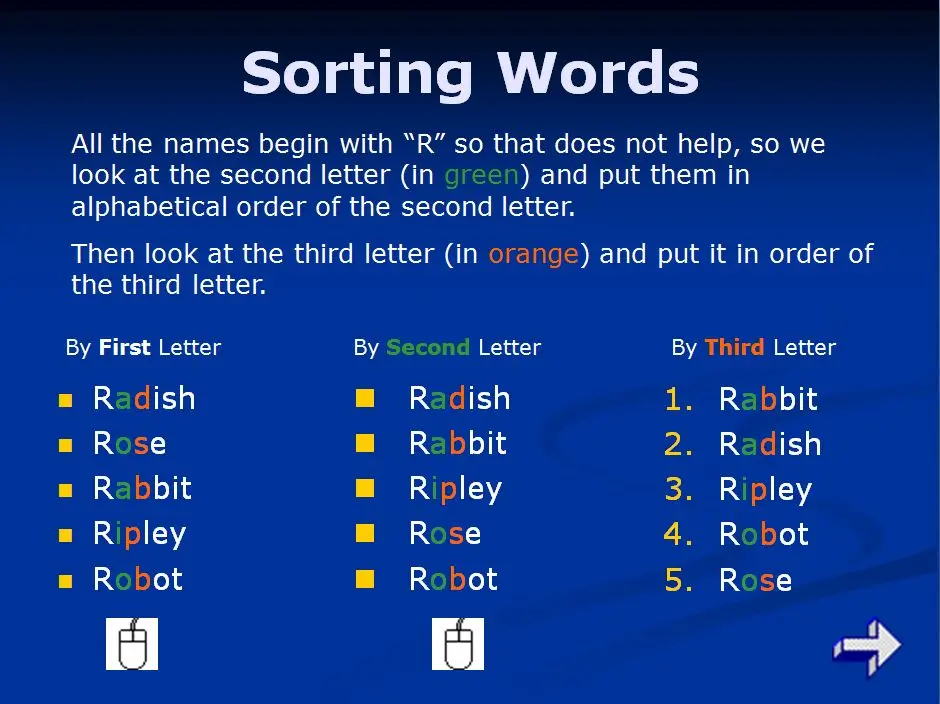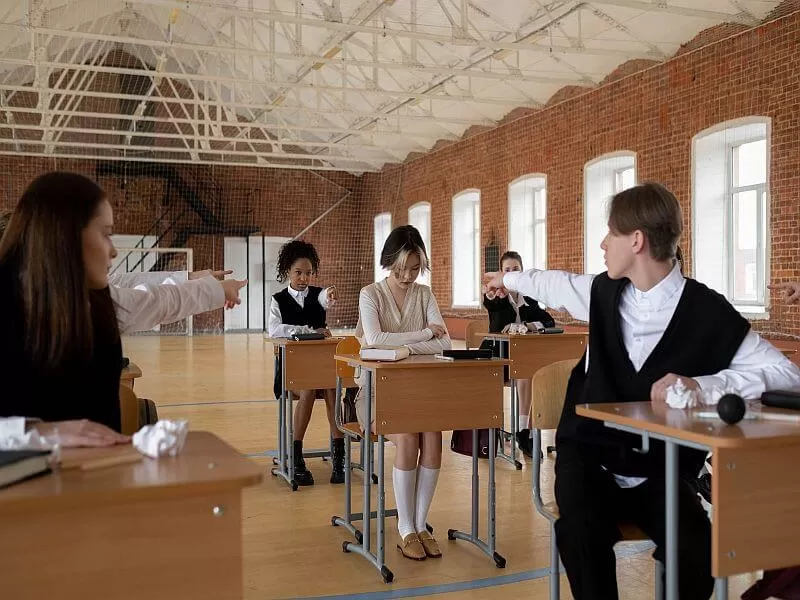The Importance of Learning the Basics
With the ease of accessing information on the Interweb, it is important for parents and schools to stress the importance of learning the basics. Everyone needs to know the basics of Mathematics, English and data entry. These are standard requirements that all employers look for.
In this article, we will look at the importance of learning the basics. We will also look at what is happening in schools and outline some basic steps to follow in order to succeed in life.

Where to start
Learning the basics is important because it allows you to have a basic understanding of different topics. It also helps you to be able to think critically and be able to solve problems. Additionally, by knowing the basics, you are able to better understand the material that you are reading or watching. Finally, by knowing the basics, you are able to build a strong foundation for further learning.
So where do we start? As we said already, Mathematics, English and data entry are important subjects to have a grasp on and we’ll cover them later but let’s look at a few basics that are being overlooked.
Life Skills
We can also call “the basics”, things that we may be confronted with every day. If we didn’t know how to brush our teeth, there is a good chance we’ll be wearing false teeth by the time we’re 30. Cleaning your teeth though is one of the basic tasks that your parent teach you when you are young. These types of basics also include things like tying your shoelaces and brushing your hair. I’d class these basics as “life skills” as we all need these skills in life.
Educational Skills
Next, our parents will teach us how to read and write and present us with basic mathematical problems and solutions. This training will be carried on with pre-school, infants and primary school levels and expanded on as we get older. By the time we are 10 years old, we should have a good grasp of the fundamentals.
This article is not intended to be a scientific study into the correct age that each part of basic educational skills should be taught. Let’s just say that we should all agree that by 10 years old, there should have been some sort of formal education. Also, there should have been testing to know how a child is progressing. The forming of a basic understanding of reading and writing English and in arithmetic is foundational.
If you or your child has not reached this standard or you feel you need a few more tips to handle the basics, you need to have a word with the teacher. If you are not in school but need a few tips, see the end of this article for a list of handy links or hop on to our community forum, register and ask for some help.
There are other skills that are needed in life, many that can be learned quickly, others that take years to learn through specialist studies but I will just run over these quickly as these are outside the scope of this article.
Operational Skills
The next level of basics are skills we need to know to perform certain tasks in our life depending on our age and what we do in life. These can be anything from how to make sure the front door is locked to how to use a lawnmower or mobile device.

Specialist skills
Specialist skills are skills that are industry related. learning certain skills for your job such as how to answer a phone if you work in customer services. You can learn these by taking courses online or being taught as you learn a job.
Vocational Skills
These are really specialised such as the skills you need to learn to become a Doctor or electrician.
Day-to-day basic skills
To come back to the basic skills that we know we all need, there are many that fall into the category where someone may say, “you should know how to do that, in your job”.
For instance, in my dealings with teachers over the last 30 years, I have come across some that have asked me things like, “how do I open a zipped file?” or “how do I send this file to another teacher?” These are teachers that are in charge of teaching your children. As every teacher and child is required to use digital devices, these are basic skills that all teachers should already know. Apart from that, we have Google. If a teacher is not versed in looking up the answer to a question, how are they to teach our children the same? See our kit to help teachers be more effective.
This shows that you need to know the basics before moving on to bigger and grander things!

The importance of basic skills
When you look for a job, employers want to know that you can carry out basic tasks. 99.9% won’t ask you what year King Henry VIII was crowned or how rain is created or what the formula for alcohol is, but they will want to know that you can read, write, spell, tell the time, do basic sums and know how to use a computer or other device.
Unfortunately, recent News articles show there is a decline in school leavers that actually can grasp these basic skills. If 30% of teenage students can not pass a simple test in arithmetic and reading and writing, there is a problem in our schools. As I said before, these skills should already be near to mastered by age 10 and certainly by age 12.
Schools need to look at the way in which they are teaching maths and English and ensure that no other subject has greater importance until at least 12. Of course, other things should be taught, this is the meaning of gaining a well-rounded education but the BASICS of maths and English (or the language spoken by the majority of your country) should take priority and ensure ALL students can handle this before their teenage years.
Students that are falling behind before that age should be spotted and given additional help to learn so they do not fall behind. Communicating this to parents and working with them is of utmost importance in the relationship between a school and the parents of children that give the school this responsibility or it is the teacher and the education system that is failing, not the student.
Conclusions
We all need to know the educational basic, no matter what country, culture, religion, gender or income level you are on. It is up to the parent and the school teachers to ensure this happens.
If you need help presenting these basics to your kids or your school pupils, we have a package that can help you.
- You can take or enrol your child in our online course in basics maths.
- You can download and set up your own maths course online at school or at home.
- Get the eBooks: Basic Maths and Basic English.
- Enrol in our online Basic English course.
Some helpful videos:



